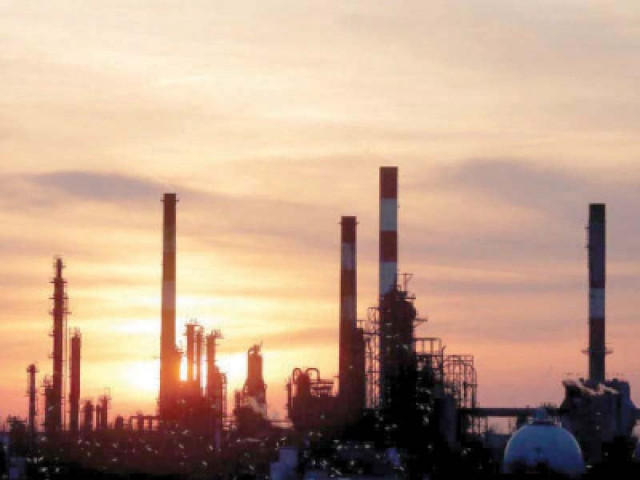Petroleum Division revises policy draft
Proposes restriction on dividend payment by refineries from reserve account

The Petroleum Division has again revised the draft of new petroleum policy by cutting the share of incremental revenue to 30% of project cost, restricting dividend payment and adjustment of losses from the Special Reserve Account.
Earlier, the division had proposed 40% contribution from the incremental revenue to the upgrading of projects of existing refineries.
However, the Cabinet Committee on Energy (CCOE) made objections, prompting the Petroleum Division to revise the contribution.
The division has also withdrawn tax holiday for the previously proposed period of 10 years.
A summary was tabled in a CCOE meeting on November 18, but the cabinet body deferred its decision.
The Petroleum Division proposed that the incremental revenue from tariff protection, meant for sustainability of the refining sector, should contribute up to 30% of project cost, down from the previously proposed 40%.
Refineries will contribute debt/equity (of a minimum of 70%) for the remaining cost of the project on their balance sheets.
The Petroleum Division said that there would be no withdrawal of funds from the Special Reserve Account until the award of engineering, procurement and construction (EPC) contracts.
The Oil and Gas Regulatory Authority (Ogra) will monitor project progress to ensure that proceeds are used for the facility upgrade only.
Refineries will provide bank guarantees of Rs500 million till the start of commercial operations. There will be no dividend payment and adjustment of losses from the Special Reserve Account.
There will be no import duties and sales tax on the import of petroleum crude oil, which is the main raw material of refineries, with effect from July 2022.
The Petroleum Division sought CCOE’s approval for these proposals but the matter was put off.
Earlier, the CCOE in its meeting on September 13, 2021 considered a summary submitted by the Petroleum Division and approved the Pakistan Oil Refining Policy to the extent of establishing new refineries.
The cabinet body directed the Petroleum Division to present a workable option for the sustainability and upgrading of existing refineries including a mechanism for the release of incentives.
Moreover, the CCOE asked for extending tariff protection to the industry prior to the commercial operation date (COD). It also raised the issue of utilising the revenue stream arising out of tariff protection for offsetting losses instead of plant upgrades in the past.
In line with the CCOE’s directives, key stakeholders were engaged in a consultative process to redefine the policy paradigm for the sustainability and upgrading of existing refineries through viable policy interventions.
The protective regime in the refining sector has been in place since the 1960s, which has taken many forms concomitant to the emerging challenges of different times.
The tariff protection introduced in 2002 for the existing refineries was aimed at ensuring their operational sustainability.
The government had announced a fixed 18% return on refineries’ investment until 1988 and subsequently, it was substituted by a processing fee formula that continued till 1992.
During the period 1992-2002, an import parity pricing formula had been applied with 10-40% return on paid-up capital.
Under the Petroleum Policy 1994, new refineries were assured a minimum rate of return of 25% on the paid-up capital as a net of tax for eight years.
In 2002, tariff protection (called deemed duty) was introduced at the rate of 10% on high-speed diesel and 6% on kerosene oil, light diesel oil and JP-4.
Published in The Express Tribune, November 30th, 2021.
Like Business on Facebook, follow @TribuneBiz on Twitter to stay informed and join in the conversation.



















COMMENTS
Comments are moderated and generally will be posted if they are on-topic and not abusive.
For more information, please see our Comments FAQ